These sisters brought their mum’s 24 Y/O popiah legacy from Ipoh to KL, now has 6 outlets
Bibi's Popiah is a second generation business that sells Chinese spring roll. It hailed from Ipoh and now they have outlets in Klang Valley.

“RM2,888 for a popiah? What kind of boujee popiah is this?”
That was exactly my reaction when I first stumbled upon the news of a popiah being sold for such premium pricing.
If you’ve ever had this humble Chinese spring roll that usually costs a few ringgit, you’d understand the shock.
It turned out to be a limited-edition creation (we will get into this later), born from a collaboration between Ipoh-founded popiah chain Bibi’s Popiah and Nimbus Restaurant in KL.
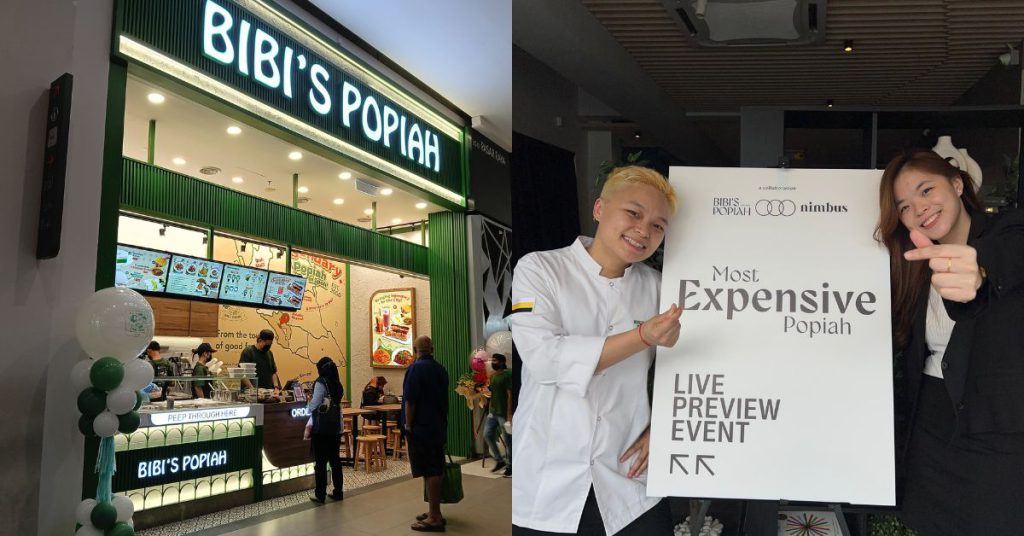 Image Credit: Bibi’s Popiah
Image Credit: Bibi’s PopiahAs I dug deeper, I discovered that there’s more to Bibi’s Popiah than just luxurious collaborations—it’s about a family legacy, a love for tradition, and a bold leap into modern food entrepreneurship.
From Ipoh to Klang Valley
Founded in 2000 by a woman affectionately known as Bibi, the original popiah stall in Ipoh, Dong Gu Ting, served only a handful of customers daily.
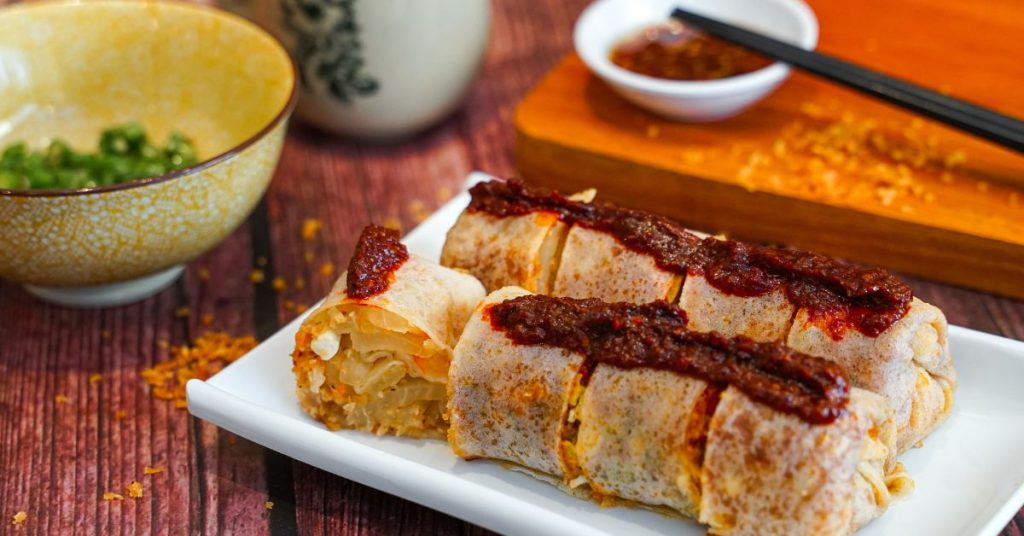 Image Credit: Bibi’s Popiah
Image Credit: Bibi’s PopiahOver the years, however, Bibi perfected her recipes, sticking to fresh, handmade ingredients like self-prepared popiah skin and crispy keropok. Slowly but surely, the brand grew into a local favourite, selling around 1,000 popiah rolls daily.
Today, the business is run by her daughters, Perly Yuen and Yuen Yao Tong.
“Bibi is actually my mum’s name,” shared Perly, the 24-year-old co-founder.
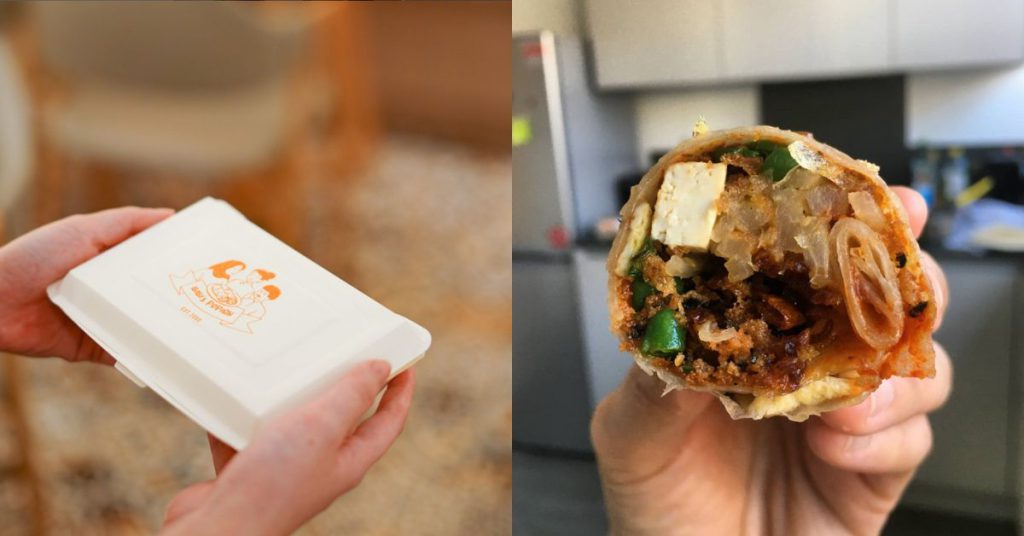 Image Credit: Bibi’s Popiah
Image Credit: Bibi’s Popiah“She taught us from a young age to be passionate and hardworking in everything we do. She’s been through so much, from being a barber to selling chicken rice and finally settling on popiah.”
Perly and Yao Tong, who grew up helping at their mother’s stall, decided to expand the business in 2021 after Perly graduated.
Their first outlet in Subang SS15 paved the way for more locations in major Klang Valley malls, including Mid Valley, Sunway Pyramid, and 1 Utama.
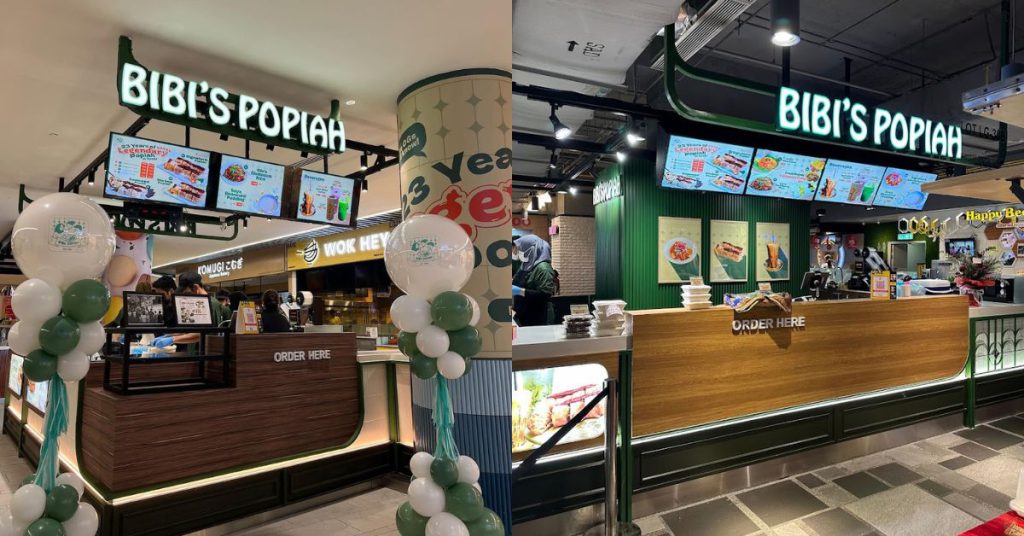 Image Credit: Bibi’s Popiah
Image Credit: Bibi’s Popiah“We’ve managed to open six outlets in just two years. My mum still runs the original stall in Ipoh. Expanding so quickly was our way of making Bibi’s Popiah accessible to everyone,” Perly explained.
RM2,888 popiah: What’s in it?
Now, back to the question: Why does this popiah cost more than a fancy dinner for two?
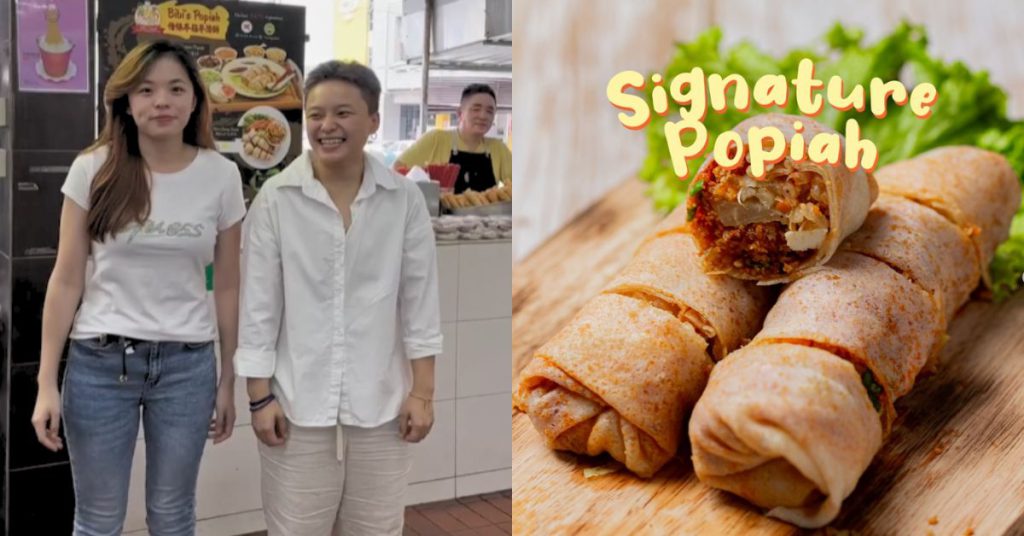 The sisters / Image Credit: Bibi’s Popiah
The sisters / Image Credit: Bibi’s PopiahIn collaboration with Chef Fred Choong from Nimbus Restaurant, Bibi’s Popiah created a version that redefines the traditional roll.
The RM2,888 popiah contains:
Two Alaskan king crab legs, lightly steamed to retain their natural sweetness. Torched spring onions and deep-fried cordyceps flowers coated in truffle oil. Sweet, crunchy Ibaraki Keisui pear as a replacement for the usual sengkuang (turnip). A slathering of secret sauce unique to Bibi’s Popiah. Ossetra caviar from France and 24-carat edible gold leaf from Italy crown the creation.However, this lavish version, wrapped in Bibi’s signature handmade skin, was only available for a limited time.
It’s unclear how this exclusive popiah took off, and whether there were people actually ordering it, but it certainly created some buzz for the brand.
Expanding the popiah market
Beyond viral luxury popiah, Bibi’s Popiah is staying true to its roots, continuing to serve traditional recipes alongside newer offerings.
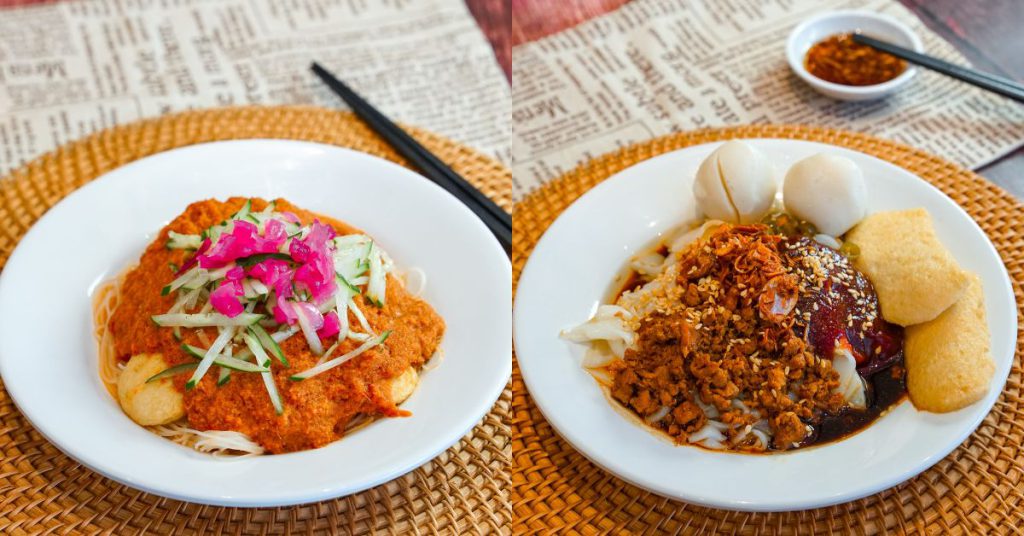 Image Credit: Bibi’s Popiah
Image Credit: Bibi’s Popiah“We’ve added other Ipoh delicacies to some of our outlets,” Perly shared.
“It’s about preserving traditional methods. These dishes take time and effort to prepare, and fewer people are making them today. We want our customers to experience authentic flavours without the hassle of travelling to Ipoh.”
The sisters also emphasised quality and consistency as key to their success. “We still make everything fresh every day. There’s no special strategy—we just listen to customer feedback and improve where we can,” said Perly.
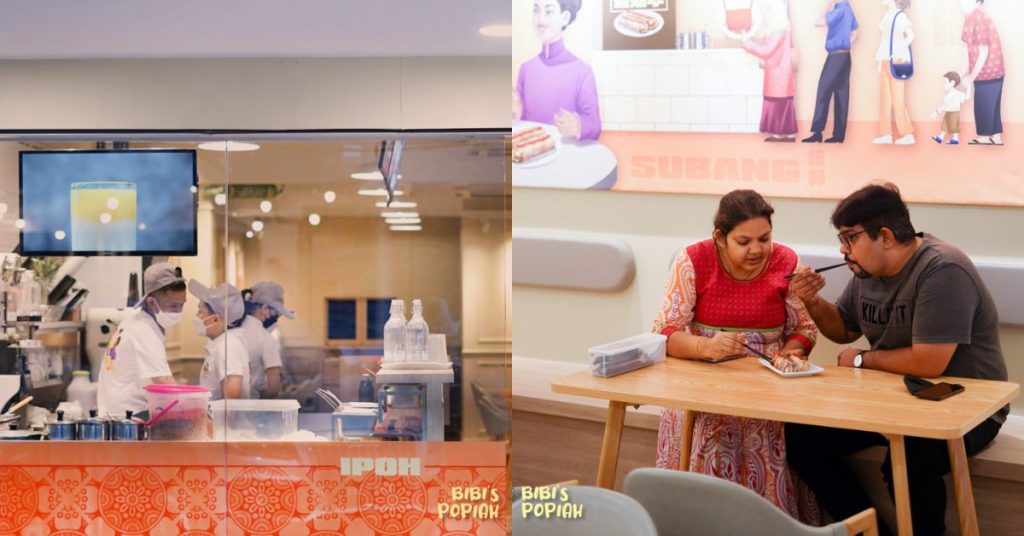 Image Credit: Bibi’s Popiah
Image Credit: Bibi’s PopiahThe popiah market, while seemingly niche, is surprisingly large, according to the sisters. “For us, it’s not about competing with others. We want to build a community that appreciates this traditional cuisine.”
Popiah might not have the glamour of sushi or the universal appeal of pizza, but it’s a dish with deep cultural roots and immense potential. What Bibi’s Popiah is doing is modernising the offering without losing tradition.
The luxury popiah might grab headlines, but the real triumph lies in how this second-generation business is preserving heritage while making it relevant for younger audiences.
You can learn more about Bibi’s Popiah here. Read other articles we’ve written about Malaysian startups here.Featured Image Credit: Perly Yuen (R) and her mom (L)

 Konoly
Konoly 































